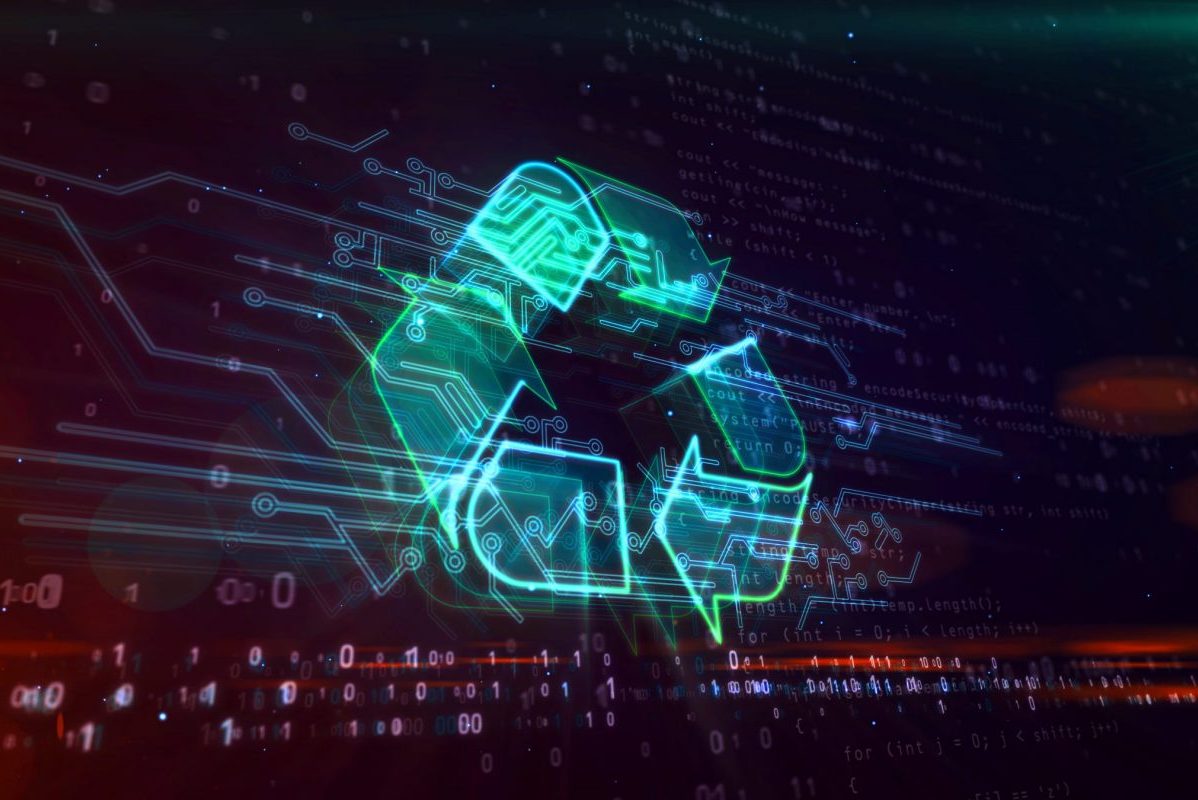Geopolitical upheavals require adaptation. Expansion of recycling management and new raw material partnerships to meet rising metal demand.
The German government’s raw materials strategy (PDF) is less than three years old – and now an update is already necessary. The reason are the recent geopolitical upheavals, writes the Federal Ministry of Economics (BMWK). Global supply bottlenecks in the wake of the Corona pandemic and endangered supply security as a result of the Russian war of aggression have clearly demonstrated Germany’s dependence on metallic raw materials.
The demand for materials such as nickel, lithium, copper and rare earths will continue to rise as a result of future technologies, particularly in the context of the energy transition and digitization. Many German companies are therefore facing challenges, according to the BMWK. With an adapted raw materials strategy, the German government intends to flank its efforts and contribute to the supply security of key economic sectors. In doing so, it is working closely with the German Raw Materials Agency (DERA).
On the way to a genuine circular economy
Recycling and the circular economy form important points of the new strategy. Although the Federal Republic of Germany is already well positioned in the recycling of mineral and metallic waste, Germany and Europe still have a way to go in terms of a genuine circular economy, the BMWK notes. To date, only 16 percent of waste is reused as secondary raw materials in production. Yet there are interesting developments for recovering raw materials such as lithium, cobalt or rare earths, particularly in future fields such as digitization, electromobility or photovoltaics.
Strengthening supply chains through new raw material partnerships
The expansion of international raw material cooperations is planned as a further pillar for strengthening supply chains. Cooperation with various global partners is intended to counteract heavy dependency. Since the first raw materials strategy in 2010, raw materials partnerships have already been concluded with Kazakhstan, Mongolia and Peru, and cooperation agreements have been reached with Australia, Chile, Ghana and Canada. In this context, the German government and its European partners support international efforts to increase transparency and sustainability in the raw materials sector.
Together with France, the German government is also working on proposals to shape the Raw Materials Act, a new law recently announced by the EU Commission.
Photo: iStock/Arkadiusz Warguła


